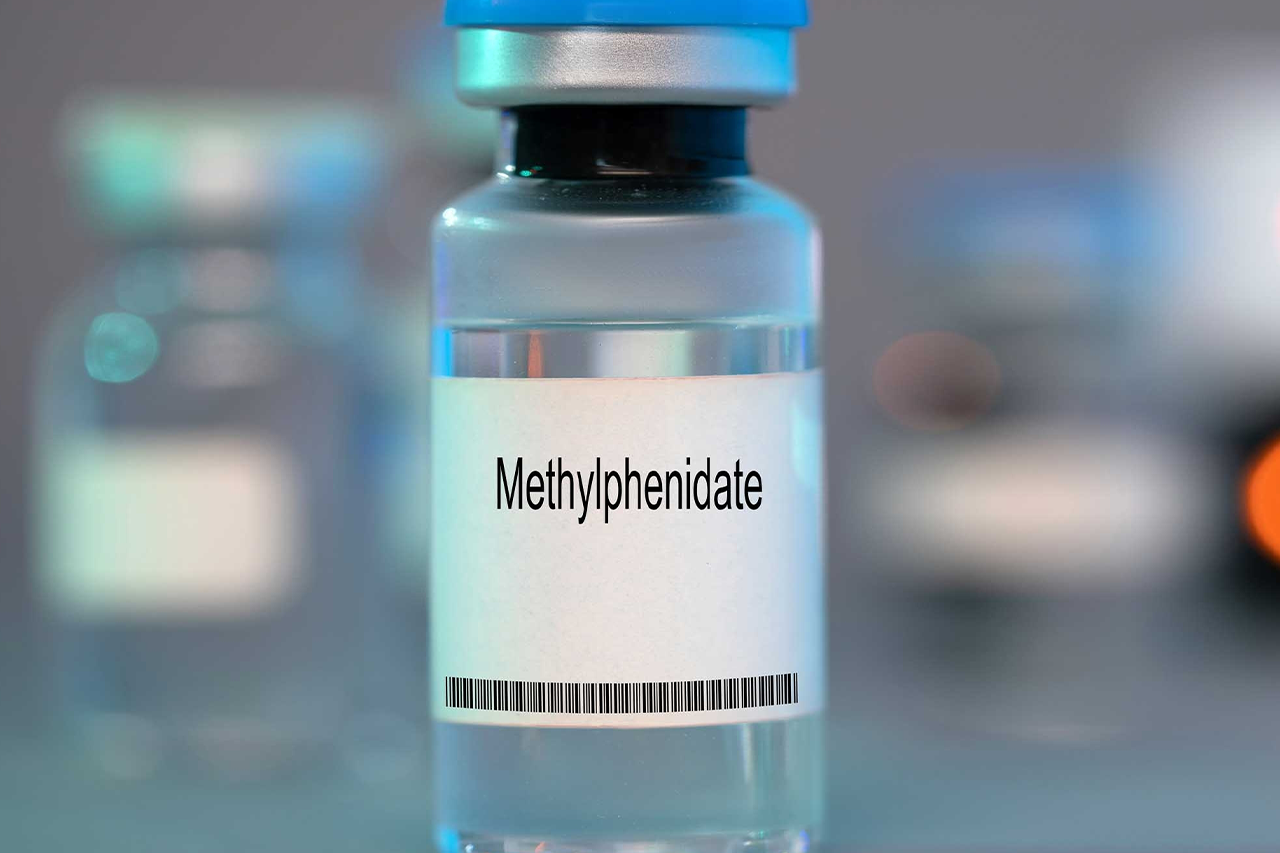Methylphenidate withdrawal can occur in individuals who take medications that contain this substance for long periods. The occurrence of withdrawals is a sign that the individual has developed a physical dependence on methylphenidate, which requires medical care. Dependence and withdrawal can occur in people who take methylphenidate-containing drugs with or without a prescription. However, when dependence is untreated, addiction usually follows as a result of continuous use. Today, our Lake Worth, Florida drug rehab is sharing common withdrawal symptoms from methylphenidate and how to come down from methylphenidate safely with the help of our
What Is Methylphenidate?
Methylphenidate is a central nervous system (CNS) stimulant that’s used as the main ingredient in medications prescribed to treat attention-deficit hyperactivity disorder (ADHD) and narcolepsy. Common brand names for methylphenidate include Quillivant XR, Daytrana, QuilliChew ER, Methylin, Ritalin, Concerta, and Ritalin LA.
It may be used to treat attention deficit disorder (ADD) and a sleep disorder called narcolepsy. Methylphenidate works by affecting chemicals in the brain and CNS that contribute to hyperactivity and impulse control, helping someone with ADHD focus and manage their behavior.
As with other prescription drugs, methylphenidate should only be used under the close supervision of a prescribing doctor. Users should only take the prescribed dosages, varying depending on the individual’s age, the condition being treated, and more.
We’ve previously written about getting caught with unprescribed Adderall, and the repercussions are both physical and legal. Not only is addiction more likely to develop as a result of using unprescribed stimulants, but fines and jail time can also result.
Methylphenidate Withdrawal Symptoms
Withdrawal from methylphenidate may occur when someone suddenly stops taking any substance that contains methylphenidate as the active ingredient after long-term use. These drugs – such as Concerta, Ritalin, and Methylin – are often abused as recreational substances due to their effects on dopamine in the brain, which can lead to a euphoric high.
Many people also believe that stimulants like ADHD medication enhance one’s cognitive and physical performance, but this isn’t the case. ADHD medications like methylphenidate don’t always have side effects in individuals who do not have ADHD and may otherwise lead to adverse effects in people who take the drug for the wrong reasons.
Stimulants like methylphenidate can also reduce appetite, some people use it illicitly as a diet aid. However, while methylphenidate abuse increases the risk for physical dependence, even people who take the drug as prescribed for long periods can become physically dependent on it.
The longer someone takes methylphenidate, the more of a tolerance they build to it, requiring larger dosages of the drug to experience the same effects. As a result, a physical dependence can develop, which is marked by uncomfortable and sometimes painful withdrawal symptoms when the drug is not being used.
- Anxiety
- Changes in heart rate
- Changes in blood pressure
- Chills
- Confusion and loss of focus
- Delayed movements
- Depression
- Fatigue
- Feeling jittery
- Hallucinations
- Hyperactivity
- Increased appetite
- Insomnia or trouble sleeping
- Irritability
- Memory problems
- Mood swings
- Muscle aches
- Paranoia
- Strong cravings
In severe cases, the depression experienced, among other withdrawal symptoms of methylphenidate, can be severe enough to lead to a condition called anhedonia. This is the inability to feel pleasure.
Anhedonia is the result of a sudden chemical imbalance that occurs when someone is going through methylphenidate withdrawal. Because this drug boosts dopamine and other mood-related chemicals, withdrawal leads to a sudden drop in this chemical, which can lead to a depressed mood.
Although anhedonia is usually temporary during methylphenidate withdrawal, it can lead to suicidal thoughts, ideation, or actions. To prevent complications like this from occurring and ensure that you or a loved one receives medical support during withdrawal, reach out to our BHOPB detox center for help.
Treatment for Methylphenidate Addiction and Withdrawal
Methylphenidate withdrawal symptoms can be both physically and mentally challenging to go through. Fatigue and disturbed sleep patterns are among the most common symptoms, in addition to strong cravings for methylphenidate.
Due to the difficult nature of withdrawals, many individuals struggling with methylphenidate use relapse during this phase of recovery. If you or someone you know are trying to quit and needs help, our Banyan Lake Worth rehab is here for you.
Our facility offers prescription drug detox, among various other substance-specific detox programs to help clients overcome drug cravings and withdrawals. Detox is a crucial first step and can determine the course of someone’s recovery.
By starting off with detox, clients set themselves up for success. Following detox, our IOP, PHP, and residential addiction treatment will determine the form of therapy clients receive, which may include programs like cognitive behavioral therapy (CBT) and more.
For more information about our addiction treatment in Lake Worth, call Behavioral Health of the Palm Beaches today at 561-220-3981.
Related Reading:
Adderall and Sex Drive: What You Should Know
Drugs and Dilated Pupils: Causes and Risks













